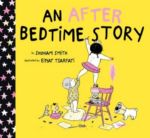
After bedtime Little Nina refuses to go to sleep and gets into mischief while guests are visiting.
Material appropriate for primary age groups

After bedtime Little Nina refuses to go to sleep and gets into mischief while guests are visiting.
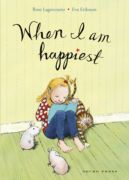
A standalone follow-up to My Happy Life and My Heart is Laughing. Dani is very happy it is the last day of school, and summer is about to start. But then there’s a knock on the classroom door, and Dani is told her father has been in an accident. He’s in the hospital! How can she possibly be happy now? A warm and heartfelt story about Dani’s love for her dad and her ongoing friendship with Ella. It’s a story about sorrow and joy and how life really is.
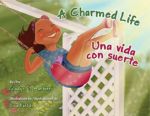
While her mother cleans a grand house a young girl meets the homeowner who, recalling her own family’s immigration, gives her a charm bracelet and promises that she, too, can have a charmed life.
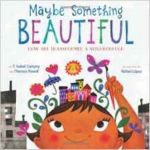
Mira lives in a gray and hopeless urban community until a muralist arrives and, along with his paints and brushes, brings color, joy, and togetherness to Mira and her neighbors.
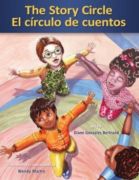
When all of their books are lost in a storm, school children share stories and imagine pictures to go with them then, with their teacher’s help, turn them into a book.
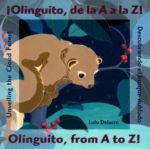
Uses the framework of the alphabet to present information about plants and animals of the cloud forest on the western slopes of the Ecuadorian Andes and the 2013 discovery of the olinguito. Includes additional information about the cloud forest and the discovery of the olinguito, a map, a glossary, an author’s note, and author’s sources.
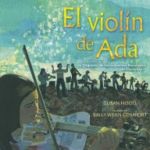
Ada Ríos creció en Cateura, un pueblo pequeño en Paraguay construido alrededor de un vertedero. Soñaba con tocar el violín, pero con escasos recursos para poco más que lo esencial, nunca fue una opción…hasta que un maestro de música llamado Favio Chávez apareció. Él quiso darles a los niños de Cateura algo especial, así que les construyó instrumentos musicales hechos de materiales encontrados en la basura. Era una idea loca, pero una que dejaría a Ada—y al pueblo entero—cambiados para siempre. Hoy en día, la Orquesta de Reciclados toca alrededor del mundo, difundiendo su mensaje de esperanza e innovación.
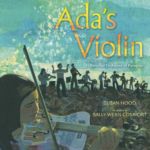
Ada Ríos grew up in Cateura, a small town in Paraguay built on a landfill. She dreamed of playing the violin, but with little money for anything but the bare essentials, it was never an option…until a music teacher named Favio Chávez arrived. He wanted to give the children of Cateura something special, so he made them instruments out of materials found in the trash. It was a crazy idea, but one that would leave Ada—and her town—forever changed. Now, the Recycled Orchestra plays venues around the world, spreading their message of hope and innovation.
Ada’s Violin is a WOW Recommends: Book of the Month for April 2017.
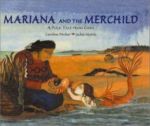
A childless old woman is given a merbaby to raise until the child can safely return to the sea.
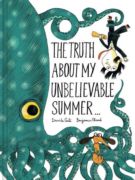
When asked about his summer vacation, a boy spins a wild tale of globe-spanning adventures.